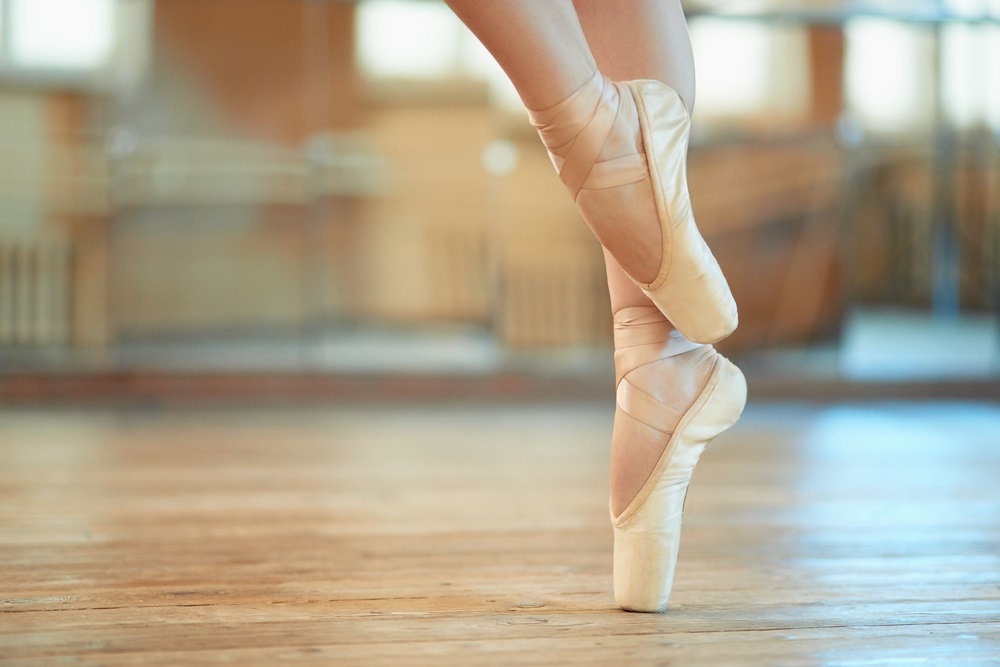Scientists from Karolinska Institutet have unveiled a huge range of proprioceptive neurons and have also uncovered a new form of plasticity, indicating neuronal individuality in the nervous system to acclimatize its performance to varying environments.
 Image Credit: Dmytro Vietrov / Shutterstock.com
Image Credit: Dmytro Vietrov / Shutterstock.com
The new article was recently published in the Nature Communications journal.
In this analysis, the team has demonstrated that the sensory feedback of all the human body movements is performed by different types of proprioceptive neurons that have muscle targets, distinct inherent properties, and the ability to alter their relative abundance (by switching the identity of cells) in response to varying motor activities.
Within the nervous system, this new type of plasticity suggests neuronal individuality that may correspond with the performance in sensory processing functions and ultimately individual behavioral changes, which have immense potential for therapeutic purpose.
Why are these results important?
Proprioception is also called the sixth sense and is inextricably linked to movement and motor coordination by providing essential sensory feedback to the central nervous system about the activation state of all our skeletal muscles.”
Francois Lallemend, Study Lead Investigator and Associate Professor, Department of Neuroscience, Karolinska Institutet
In the latest research work, the study authors performed a large-scale analysis of the proprioceptive system found in mice from embryogenesis to adults. The team was able to show several different types of proprioceptive neurons, their versatility at the time of adult motor training, and their developmental emergence.
The researchers’ results reveal a modular organization of proprioceptive feedback required to finely control the proprioception at the time of complex motor behavior.
While this sensory feedback has been known for more than a century, our study reveals a large diversity of proprioceptive neurons with discrete anatomical organization and unique genetic identities, a molecular and cellular diversity which has been long searched, considering the rich repertoire of motor behaviours seen in mammals.”
Francois Lallemend, Study Lead Investigator and Associate Professor, Department of Neuroscience, Karolinska Institutet
Lallemend further explained, “This finding will therefore stimulate new investigations into their functions and associated circuits in motor control.”
“Our study also reveals an unexpected plasticity in the peripheral nervous system in response to changing activities in adult life, in the form of a switch of cell identity following sustained motor activities. This is a new form of neuroplasticity – usually known as synaptic changes, not cell type changes,” Francois Lallemend added.
A great impact in the field of neuroscience and of motor control
This discovery will affect studies in other areas of medical and neuroscience research works relating to sensory plasticity involved in perceptual adaptations and disorders.
We continue to investigate the role of this neuronal diversity but also of such plasticity in motor performance with the aim to manipulate it pharmacologically and eventually test its impact on sensorimotor capacities in behaving animals.”
Francois Lallemend, Study Lead Investigator and Associate Professor, Department of Neuroscience, Karolinska Institutet
Source:
Journal reference:
Wu, H., et al. (2021) Distinct subtypes of proprioceptive dorsal root ganglion neurons regulate adaptive proprioception in mice. Nature Communications. doi.org/10.1038/s41467-021-21173-9.